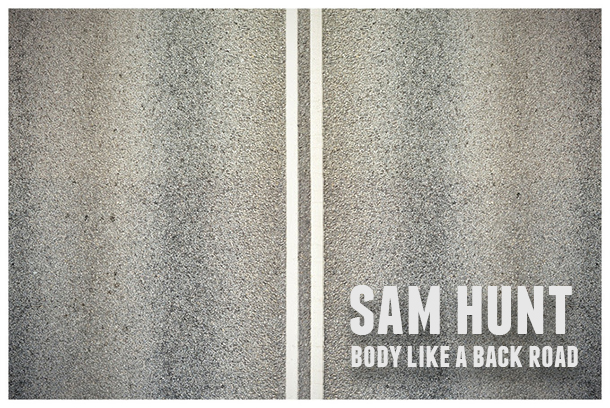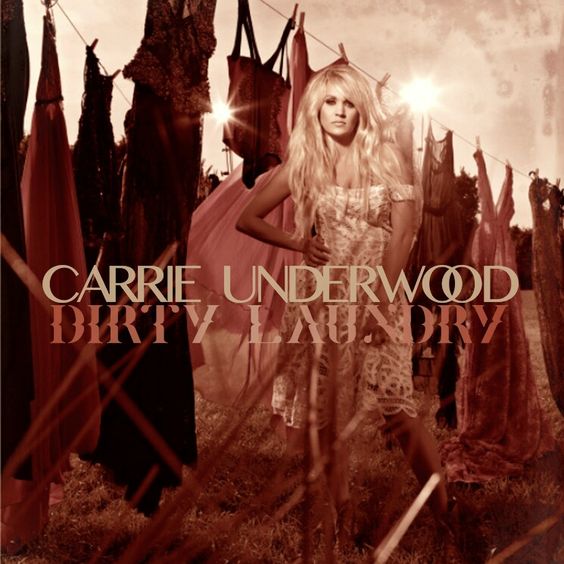
Love it or hate it, “Body Like A Back Road” by Sam Hunt is a MONSTER single. And it might seem like a very simple song, but it has some killer lyrics that can challenge us all to write better. Even if you hate the song.
____________________
To BE a pro, you need to THINK like a pro, and this FREE ebook will help transform your thinking, your songwriting, and your success. Get it today!
_________________________________
Just for the record, I really like the song. The groove and production are spot on for a summer single, and it just makes me feel good. But what really hooks me are some of the well-crafted lyrics.
It’s a “dumb” song, but it sure ain’t stupid.
Okay, it’s not really dumb. It’s just not trying to change the world. And that’s fine. Let’s look at a few of the lyrics and see what they reveal to help us all write better songs.
“Had to get her number, took me like six weeks…”
I like this lyric for a few reasons. One, it’s conversational. Not only does he “speak” the line, it sounds like something he’d really say. Also, it humanizes the singer and makes him more relatable and likable. He had to WORK to get her number (like most of us mere mortals). He didn’t just roll up and get her in his car with a “hey, girl – get your sugar shaker over here.” Nope. He pursued her.
“Now we go way back, like Cadillac seats…”
Dadgum, that’s smart songwriting. This line does so many things. It lets us know that those six weeks of trying to get her number have paid off. They’ve been together for a while now. It also gives us a great image of Cadillac seats reclining. That line also means two things, obviously. It brings in a car, leading to our back road simile. And the reclined seats suggest making out, which leads right into talking about her body.
The writers, Sam Hunt, Zach Crowell, Shane McAnally, and Josh Osborne know what they’re doing.
“Way she wears them blue jeans, she don’t need no belt…”
It’s a different way of saying the same old cliched “she wears her jeans so tight” or “painted on jeans.” And that she has curvy hips. And the pants need to be tight to show off those “back road” curves. But they avoid the cliche way of saying it.
“But I can turn them inside out…”
It’s a natural train of thought to go from “she wears tight jeans” to “yeah, but I can still pull ’em off her.” So the thought flows. And they could have JUST said, “But I can pull them off” but they didn’t. They found a way to say it that is more playful, less sexual, and therefore more radio friendly.
Not only that, but it’s a little detail that adds to the believability of the lyric. When pants are really tight, they turn inside out when you take them off. Inside-out pants is a much fresher image – and more believable. That line wins on SO many levels.
“Don’t need no help…”
Again, more playfulness. The singer’s having a good time, and we are, too. The natural ending of that line is “all by myself,” but “don’t need no help” is unexpected, fun and has more “smile” to it.
It’s obvious that the writers on “Body Like A Back Road” take the craft of commercial songwriting very seriously. If you’re ready to improve the commercial appeal of YOUR songs, I have an opportunity for you.
I have a limited number of one-to-one coaching sessions available. The goal of these sessions is for you to leave with a better song, more songwriting tools in your tool belt, and with some answers to your songwriting and music business questions. Oh, and these are over the phone or online, so we can meet no matter where in the world you are. Whether you’re a new writer or you’re consistently taking publisher meetings, this just might be the thing to take you to the next level.
CLICK HERE TO FIND OUT MORE ABOUT SONGWRITER COACHING.
God Bless and Enjoy the Journey,
Brent
Brent Baxter is a hit songwriter with cuts by Alan Jackson, Randy Travis, Lady Antebellum, Joe Nichols, Gord Bamford, Ruthie Collins, Ray Stevens, and more. He’s written a top 5 hit in the US and a #1 in Canada… so far.








